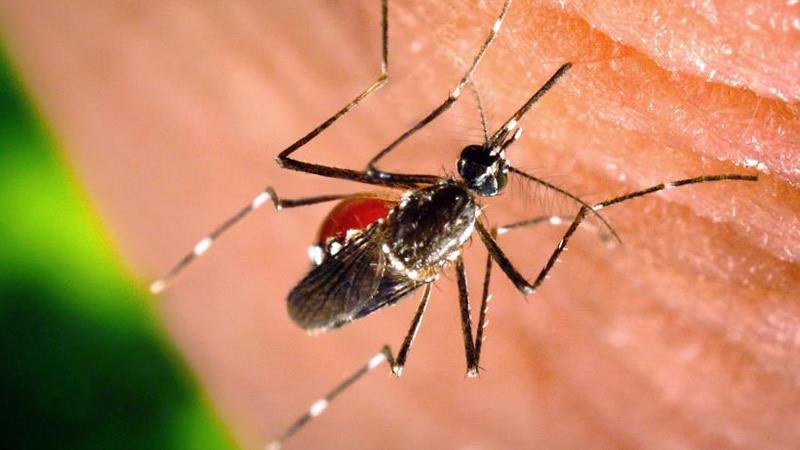Nonspecific Febrile Syndrome: the responsibility of institutions for their assets.

Today, amid a complex epidemiological scenario where cases of nonspecific febrile syndrome are on the rise, it is essential that every institution review its internal conditions and the spaces under its responsibility.

In the fight against arboviral diseases, there is an aspect that is often overlooked: the duty of institutions, organizations, and both state and non-state management entities to preserve hygiene and order within their own premises. It is not just a matter of aesthetics or administrative discipline. It is a matter of public health, respect for workers and neighbors, and the social commitment that each entity must have with the community in which it operates.
An institutional area overrun by weeds or plagued by constant leaks is not just a maintenance issue—it is a potential threat to everyone. I remember that years ago, every workplace received regular visits from vector control specialists. They inspected cisterns, tanks, rooftops, and inner courtyards, and if breeding sites were found, the fines were high. That routine, more than a coercive measure, served as a reminder that prevention is everyone’s responsibility, and that environmental health is also part of an institution’s legacy.
Today, amid a complex epidemiological scenario where cases of nonspecific febrile syndrome are increasing, it is essential that every organization review its internal conditions and the spaces under its responsibility. It is unacceptable for parks, courtyards, or service areas belonging to institutions to remain overgrown with weeds, filled with debris, or turned into improvised dumps. You can walk through the Pinitos park or the one near Oro Negro to understand how much harm institutional neglect causes.
It’s not just about appearance: every discarded bottle, every hole with clean water, or every forgotten leak can become a mosquito breeding ground. State entities and non-state management forms have maintenance plans that are budgeted in advance. Fulfilling them should not depend on “an order” or “a campaign,” but rather be a systematic practice. Fumigation is useless if workplaces themselves become reservoirs for the vector. Moreover, institutional example carries enormous moral weight. When a school, a polyclinic, a market, or a company keeps its surroundings clean and well-maintained, it sends an educational message more effective than any poster or speech.
The population observes, imitates, and feels motivated when it sees coherence between what is said and what is done. That is why, in this fight against arboviral diseases, institutional coherence is key. If we demand civic responsibility, we must also demand institutional responsibility. If we ask for discipline in homes, there must be discipline in public and workplace spaces. The mosquito does not distinguish between house and office, between residence and institution. Wherever there is clean water and neglect, it will find the perfect place to multiply. Prevention is a shared task, but exemplary behavior starts at the top.
Written by Yunielys Moliner Isasi.




